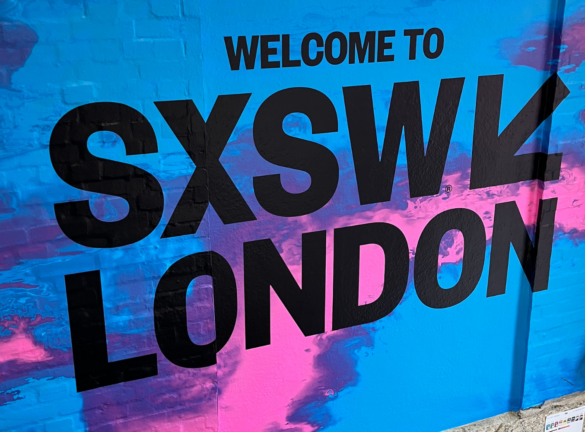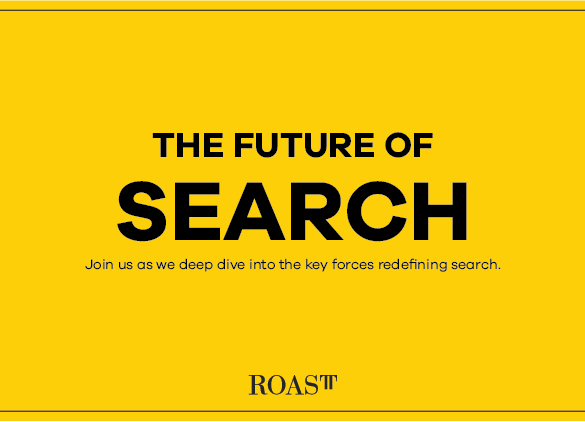
Towards a Greener Future: Making Marketing Events More Sustainable
In an era where environmental consciousness is increasingly becoming a priority, the marketing industry must evolve and adopt better sustainable practices. Marketing events, in particular, present a significant opportunity to reduce environmental impact and contribute to a greener future. Like other agencies, ROAST attends marketing events and as such, are conscious we too can take steps to become more environmentally friendly, something we are keeping at the forefront of our minds in 2024. By implementing eco-friendly measures, the industry can not only showcase its commitment to sustainability but also inspire positive change.
1. Venue Selection with Sustainability in Mind
Events can opt for venues that have implemented sustainable practices, such as energy-efficient lighting, waste reduction programs, and eco-friendly facilities, one such venue is the ExCeL Centre, a forerunner in sustainability, that uses 100% renewable electricity, earning the ‘Triple Crown of Sustainability’.
2. Booth Panels
Frequently, various venues and event organisers request specific booth panel sizes, resulting in vendors consistently having to acquire new panels. This cycle of obtaining unnecessary panels could be stopped if event organisers across the industry collectively embraced a standardized booth design.
3. Digital Collateral
If vendors shifted from traditional printed materials and handouts to digital collateral, with QR codes, for example, there would be a significant reduction in paper waste.
4. Zero-Waste Catering
Similar to choosing sustainable venues, by selecting catering services that prioritise sustainable practices, such as sourcing local and using compostable or reusable tableware, events would further minimise their environmental impact.
5. Transportation
Events would better their sustainable practices and decrease their carbon footprint by encouraging attendees to choose eco-friendly travel options, for instance, public transport.
6. Waste Management Strategies
Better recycling programs to ensure waste is disposed of responsibly minimises the environmental impact of events.
7. Virtual Events
Whilst in-person events offer a better experience for attendees, more virtual events would significantly the carbon footprint of our industry, by decreasing transportation emissions.
As the marketing industry continues to evolve, the imperative for sustainability becomes increasingly obvious. By putting in place measures to minimise our environmental impact, marketing industry events can transition toward a more environmentally conscious model, demonstrating a commitment to corporate social responsibility.
If you would like to get in touch with ROAST, please contact us here.






